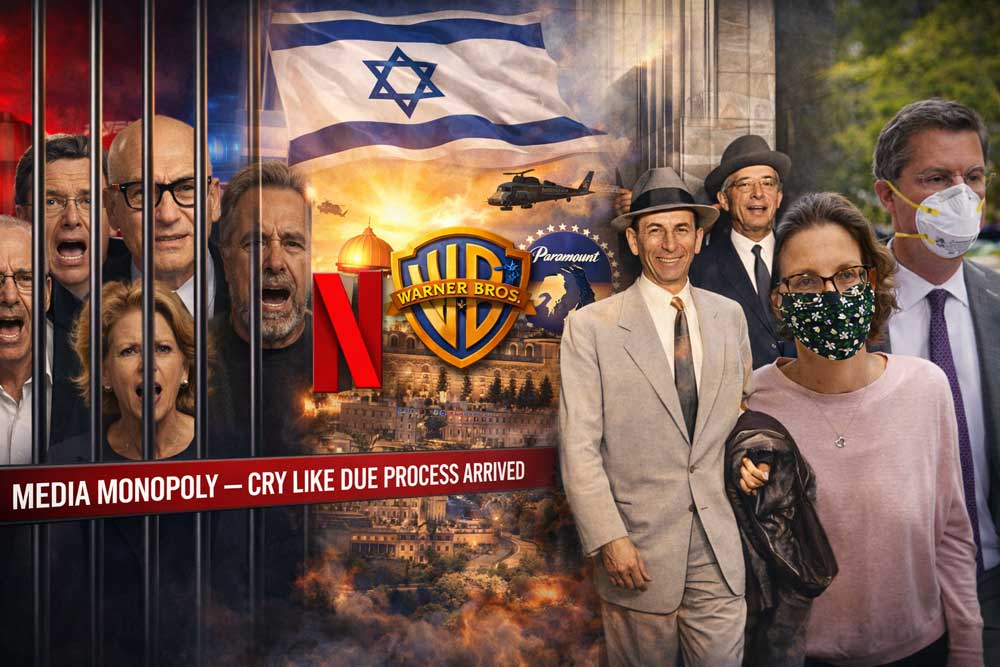After 43 days, the longest US government shutdown in history is coming to an end. Federal workers will start receiving pay again, national parks will reopen, and various government services will resume. Air travel, which had become a nightmare for many Americans, will return to a state of mere frustration.
The resolution, signed into law by President Donald Trump, begs the question: what has this record-setting shutdown accomplished and what has it ultimately cost?
The shutdown was catalyzed by Senate Democrats utilizing the parliamentary filibuster, even as they are the minority party. They held their ground, demanding an extension of health insurance subsidies for low-income Americans expiring soon. However, when a few Democrats sided with Republicans to reopen the government on Sunday, they secured little in return—a promise of a Senate vote on the subsidies but without guarantees.
This infringement unleashed anger within the Democratic ranks. Some, including California's Governor Gavin Newsom, labeled the deal as 'pathetic' and a 'surrender.' Newsom, while expressing his displeasure, noted the ongoing struggle against Trump's unconventional political tactics would require Democrats to adapt or face dire electoral consequences.
For Trump, the culmination of the shutdown heralds a ecstatic celebration. Since the Senate deadlock broke, he has publicly praised congressional Republicans for their role in resolving the impasse, dubbing the reopening a 'very big victory.' His rhetoric painted the Democrats, particularly Senate Majority Leader Chuck Schumer, as the party that faltered. He thought he could break the Republican Party, and the Republicans broke him, Trump declared in a Fox News interview.
As the dust settles from this political melee, Congress returns to routine business. Yet, with healthcare subsidies looming as a critical issue for millions set to face skyrocketing insurance costs, Republicans may need to tread carefully. The political landscape remains dynamic, complicated further by shifting narratives surrounding controversies like the Jeffrey Epstein case, which have started to overshadow the shutdown's resolution.
This scenario serves as a reminder that political theaters can dramatically rethink their objectives in a matter of days, leaving both parties strategizing for the next challenges ahead.



















